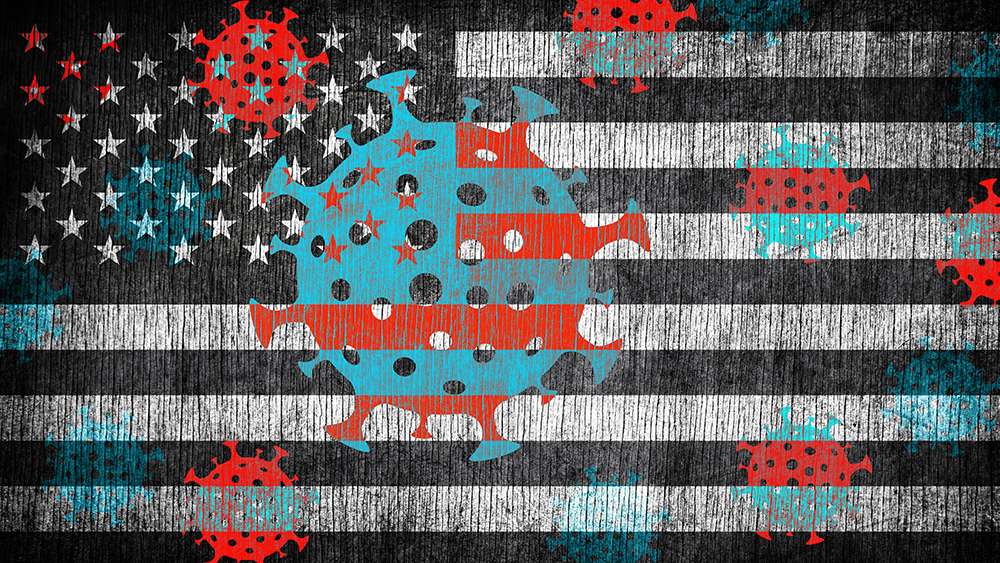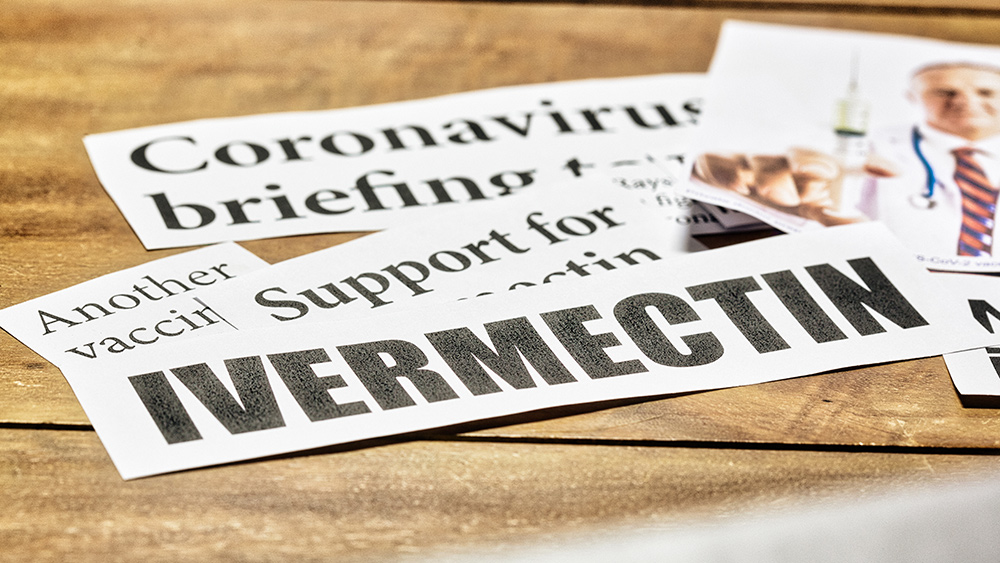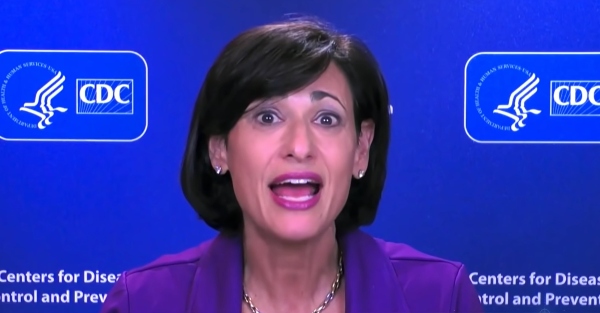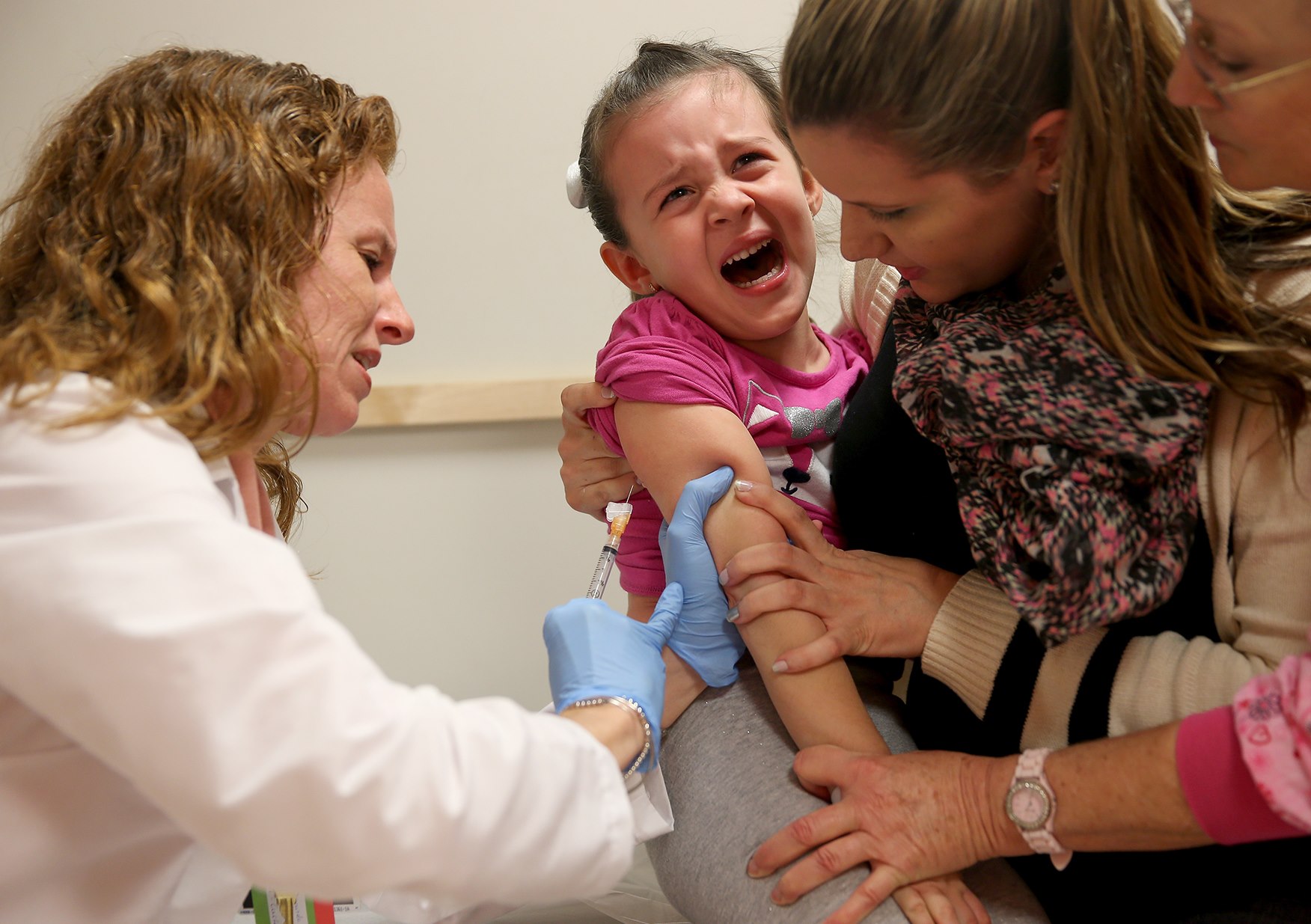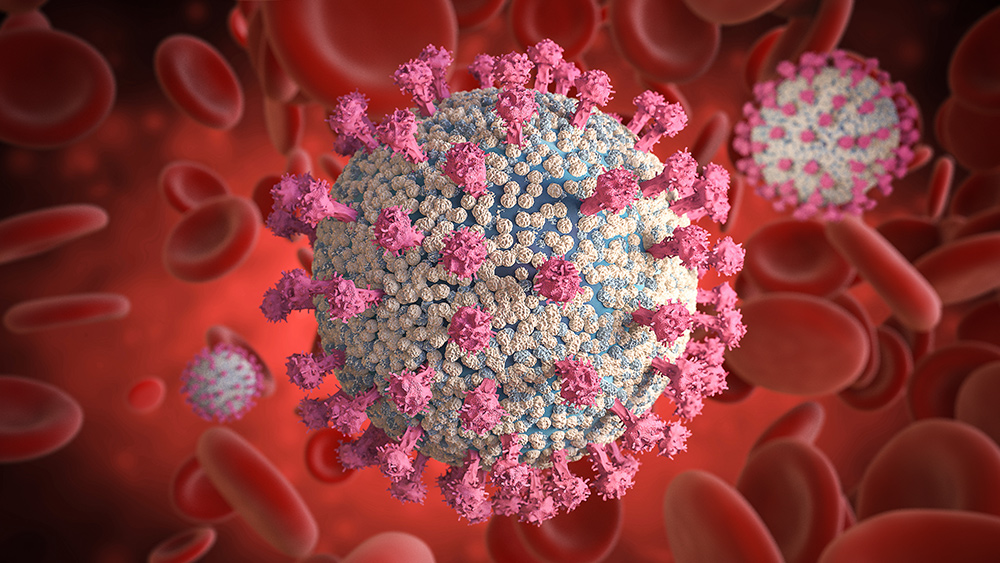Pfizer CEO pushes for more boosters just as studies show vaccines actually make people MORE likely to catch Omicron after 90 days
01/14/2022 / By Cassie B.

Pfizer CEO Albert Bourla recently stated that two doses of his company’s vaccine are not enough to battle the Omicron variant in an admission that even the mainstream media couldn’t ignore – but what he said was really only part of a far deeper and more disturbing truth about the jabs.
He made the remarks during an interview at a healthcare conference hosted by JPMorgan, where he took the opportunity to emphasize the importance of a third shot – as any smart, profit-minded businessperson would.
He said: “The two doses, they’re not enough for omicron. The third dose of the current vaccine is providing quite good protection against deaths, and decent protection against hospitalizations.”
This story was actually covered by CNBC, but similar remarks he made in an interview with Yahoo Finance were even more concerning: “We know that the two doses of the vaccine offer very limited protection, if any.”
“The three doses with a booster, they offer reasonable protection against hospitalisation and deaths – against deaths, I think, very good, and less protection against infection,” Bourla said.
He added that it was unclear how long the protection of a third dose lasts, but several studies have answered precisely this question. For example, the UK Health Security Agency reported that boosters were just 40 to 50 percent effective against infection only 10 weeks after getting the jab.
Study shows vaccinated people more likely to develop Omicron than unvaccinated people after 90 days
A study from Denmark, however, that was confirmed by government data from Germany, found that vaccinated people are eight times more likely to develop Omicron than the unvaccinated 90 days after getting their booster. This means the vaccine actually provides less and less protection over time. There may be some benefit for the earlier variants, but the benefit for other variants actually ends up being negative. People are essentially trading a short-term benefit against Delta in exchange for a hit to their overall immunity to pretty much everything else.
The Denmark study shows that the booster protection lasts for 30 to 60 days, after which point, you’ll be more vulnerable to infection than if you had never been vaccinated. The solution, of course, will be to get even more vaccines, until society ends up like drug addicts lining up every week to get their fix. Getting a booster every 30 days to keep protection is absolute madness and it’s unsustainable. Human immune systems can only handle so much.
Not surprisingly, Bourla said that Pfizer will have a fourth shot available by March that will give us the greatest protection yet – at least for a little while! It’s hard to believe someone who has also gone on the record as saying the original shots would be 100 percent effective at preventing severe COVID-19.
For people who have been on the fence about whether or not to get vaccinated, this provides important insight about risk versus reward, and it only cements the decision for those who have chosen to skip the jab. But what about all the people who were forced by their employers to roll up their sleeves just to keep their jobs? After having to put aside their reservations and go ahead with getting the shots, contending with side effects in many cases, and wondering what may happen to their bodies in the future as a result, they are now being told that the first three shots they got aren’t going to cut it – they’ll still lose their freedoms and any protection from the disease they may have gained if they don’t keep lining up for more shots. Where does it end?
Sources for this article include:
Tagged Under: Albert Bourla, Big Pharma, biological weapon, boosters, conspiracy, covid-19 vaccines, deception, immunity, infections, omicron, outbreak, pandemic, Pfizer, pharmaceutical fraud, spike protein, truth, vaccines
RECENT NEWS & ARTICLES
SpikeProtein.news is a fact-based public education website published by SpikeProtein News Features, LLC.
All content copyright © 2021 by SpikeProtein News Features, LLC.
Contact Us with Tips or Corrections
All trademarks, registered trademarks and servicemarks mentioned on this site are the property of their respective owners.








